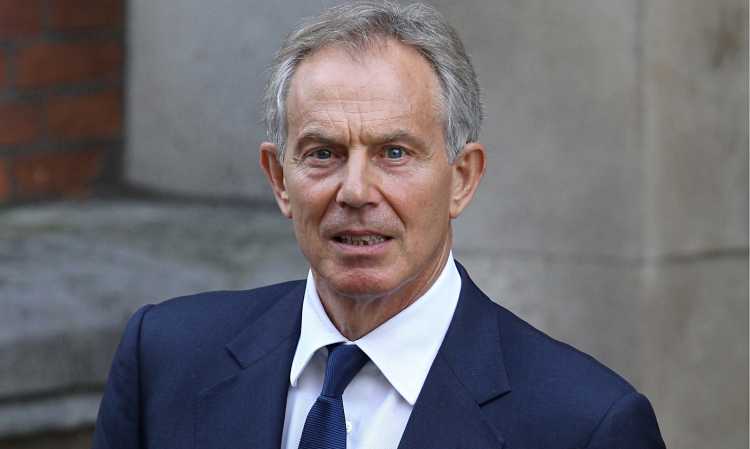Sound familiar? During the most recent elections, the provincial NDP leaderships copied a strategy out of the Third Way playbook and ran on so-called “moderate” campaigns to the centre of the political spectrum, all of which have been a complete debacle, and that’s being kind.
The most painful example of this was last year’s provincial election in British Columbia, where just one month before the vote, the NDP enjoyed a 22 point lead in opinion polls. Yet the party leadership campaigned on supposedly “sensible” proposals of least resistance and a pitifully weak slogan of “Change, one practical step at a time.” Four weeks later on election day, our party was devastated, even losing two seats in the process.
During the September 2014 New Brunswick election, the NDP received 13% of the vote, despite being at 17% in opinion polls at the beginning of the campaign. An unabashed supporter of the Third Way, party leader Dominic Cardy also failed to win his seat. Perhaps most revealing is that the Green Party Leader David Coon, running to the Left of Cardy on a host of issues (including instituting a living wage, canceling shale gas projects, strengthening First Nations rights, and increasing corporate taxes and taxes on those making over $150,000 a year, just to name a few), won his seat.
And then there’s Nova Scotia, where the NDP government of Darrell Dexter lost power after one term. Dexter promised change in the 2009 election, and won. Yet when in government, he decided to raise the highly regressive HST (instead of increasing taxes on the wealthy), boosted corporate welfare (even to a point where the Liberal and Conservative parties campaigned against it during the election), and cut tens of millions of dollars from education, alienating labour and much of the activist base of the party.
Similar electoral disasters have happened to several “Third Way” social democratic parties in Europe as well. Recently, in countries such as Greece, the Netherlands, and Ireland, left-wing socialist parties of various forms have moved ahead of social democratic or labour parties in opinion polls. It should be quite clear that moving the NDP to the centre will not give us any more support.
It will only give traditional party supporters, like wage earners and modest-income Canadians, even more reason to stay home and not vote at all.
Decades of research shows that working class Canadians have lower voter turnout percentages than middle class and wealthy citizens. And that’s not just a problem of democracy. It’s a problem of the NDP, because it hurts our party the most.
This isn’t to condescendingly view traditional NDP supporters simply as “votes,” believing that we “deserve” their support. On the contrary. Our party has to work even harder than ever before to engage traditional supporters. It is working class voters and Canadians from equity seeking groups among rank and file NDP members who should be leading policy discussions in our party and creating our electoral platforms.
The premise of moving the NDP to the centre is based on the fallacy that there is a difference between maintaining our socialist and working class roots on one hand and winning government on the other. Yet more will realize that they are one and the same, as neo-liberal dogma continues to break down and fail, the middle class shrinks, and inequality continues to surge.
We may very well live in a post-9/11 world, but we also live in a post-2008 economy of wage decline and income stagnation. And as a democratic socialist party, the NDP should be the first to realize this.
It’s not just about moving the NDP to the Left. It’s also about moving the centre to us.
The path to government for the NDP means creating active campaigns that directly take into consideration the needs of wage earners and equity seeking groups, and socialist policies that aim to radically reduce inequality, work time, protect and expand social services, and begin the process of creating a truly democratic economy and classless society.


No comments:
Post a Comment